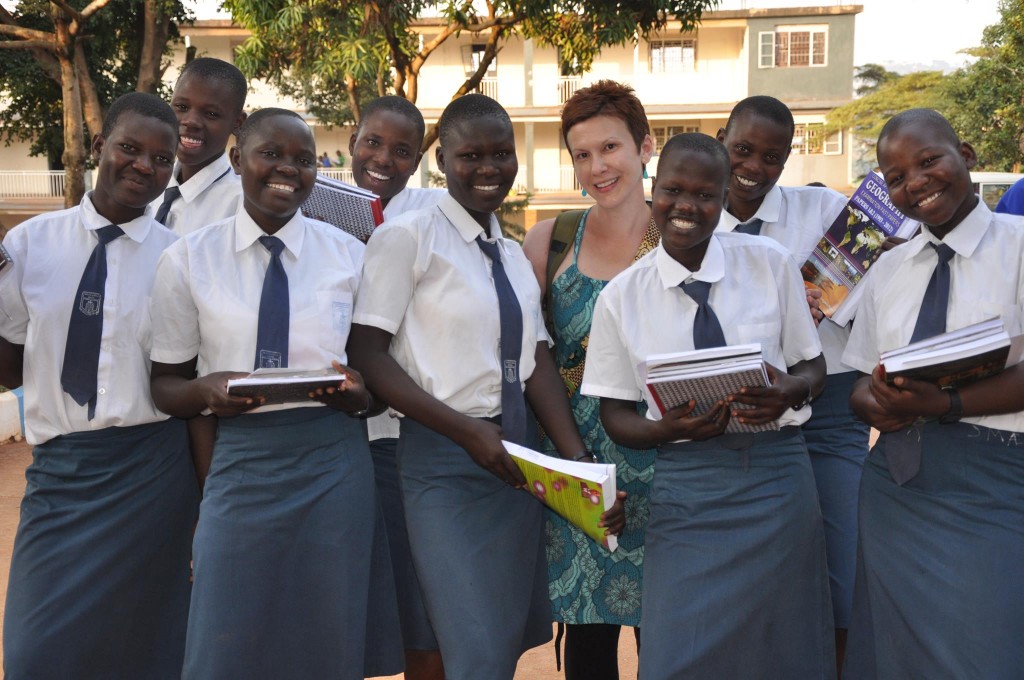Across much of Africa, children IN general and girls in particular have no voice. But in this refurbished piece, a Girl Child advocate from Crestville Development Foundation, (www.ireneugbah.com) joins NGOs, charities and other voices taking up the challenge of speaking for a crucial voiceless constituency in the context of COVID-19.

The author
By Irene Ugbah
Diseases affect girls, boys, women and men in different ways. COVID-19 is a new disease which is still being studied by scientists all over the world. One of the best ways of flattening the curve of the spread is by staying at home but which has an implication unique to one particular group. That is the girl child whose education has to be put on hold. This is more so in remote areas where access to internet and electricity makes online alternative impossible.
For the girl child in some parts of Nigeria and the world, education is about the one and only escape route from early marriage and the proverbial life of “poor, powerless and pregnant”. The ONLY reason why most have not been married off is because she is still going to school. The level of education under reference is primary school or, at most, junior secondary school.
If this pandemic continues, the little progress that has been achieved in the area of girl child education maybe lost as the tendency to give out girls in marriage will become tempting again, especially for parents worried about girls getting ‘spoilt’.
Education of those of middle class parents will not be disrupted because they have access to online teaching and learning. But, even then, this advantage has its potential danger lurking in Online sexual predators.
Online sexual predators mostly target minors who are new to online activities; who are searching for affection and attention; who are most likely having a crisis of identity or trying to find answer to the question of ‘who am I’. And who most likely feel isolated while also become conscious of their body in the biological sense. Girls in their pre-teen or teens are going through at least two out of the above listing.

Prone to predators or local notables
A recent focal group research has it that girls between the ages of 11-14 confessed to using chat rooms while initially disguising their identities but revealing themselves later and giving personal information to online strangers when they felt they had established trust. Predators, of course, know that most children are online now and girls are more vulnerable.
So, while we are in the midst of the pandemic, we may also be entering another pandemic- marrying off girls because schools are on hold and predators are lurking to lure children, especially girls.
What can be done? As government shares money to the vulnerable the way we have read and seen in the media, there should be a conditional attachment for parents with school aged daughters to the effect that “A Girl Child is Not a Palliative to Poverty”.
Continuous awareness in local languages should be embarked upon because the rural space is the concentration point of the vulnerability of the girl child. Concentrating there is thus a good way of guaranteeing continuity of the education of the girl child after COVID -19.
For those in the urban centres, parents should have discussions about online etiquette with their daughters and sons too, to emphasise avoiding chat rooms in particular, not to talk about disclosing their identity to online strangers. And, certainly, never to agree to meeting any online strangers!
The watch words are ‘Keep safe, Keep hope alive and Keep the girl child safe’




























